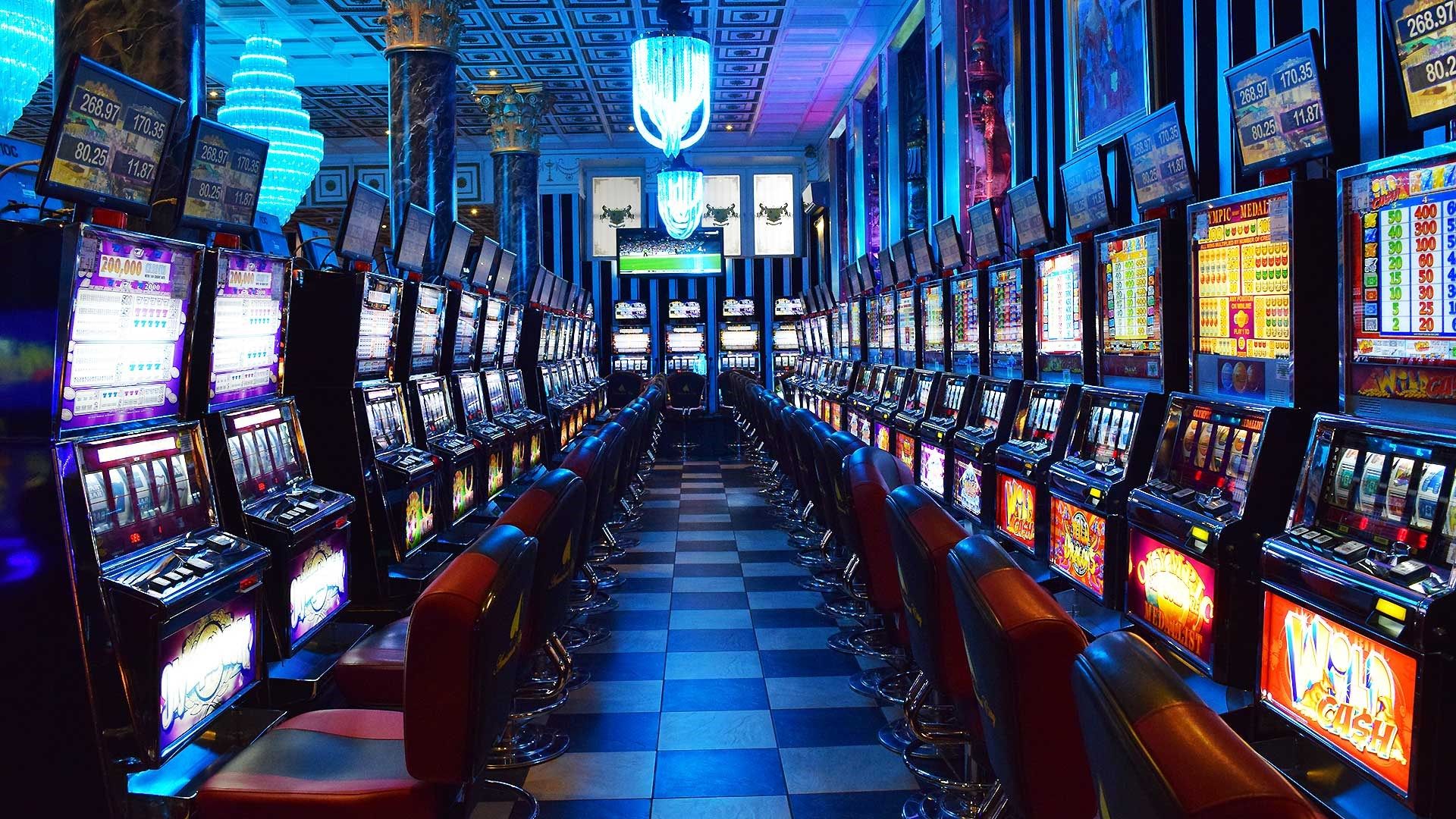
Casino experiences have fascinated players over the ages, evolving from basic recreational activities to complex experiences that blend fortune, strategy, and amusement. From the ancient roots of gambling in cultures like Mesopotamia and Rome to the extravagant corridors of modern casinos, the evolution of these games uncovers much about our nature and our connection with risk. As cultures blended and innovation has progressed, casino games have transformed, reflecting shifts in society and advancements in gameplay.
The primitive versions of gambling likely featured elementary games involving dice and placing bets on the outcomes of sporting events. Through the years, these primitive activities grew into more complex games like card games, the game of roulette, and the myriad one-armed bandits that fill the floors of casinos today. Each period brought its own set of rules, design elements, and sociocultural significance. Today, casino games maintain their evolution with the rise of internet-based platforms, enabling players from various parts of the world to join in a shared experience, further blending the traditional with the age of technology.
Ancient Beginnings of Casino Activities
Casino activities have foundations that extend back to ancient societies, where betting was strongly integrated in social traditions and social rituals. The earliest known forms of gambling developed in ancient Mesopotamia around three thousand BC, featuring basic dice games made from knuckle material. These early activities laid the basis for more advanced betting games, showing humans’ instinctive urge to seek wealth and amusement through luck. https://loto188pc.com/
As civilizations developed, so did their gambling pursuits. In ancient China, around 2300 BC, tiles were found that looked like early basic versions of a lottery game activity. More structured instances of gambling emerged in the Roman civilization, where games of luck were a frequent recreation, often taking place in social gatherings. The Romans developed different betting games, which composed dice and board activities, highlighting the widespread nature of gambling across various economic classes.
With the movement of years, these primitive games influenced the evolution of modern gambling activities. In the medieval period, card games grew prevalent in Europe, paving the way for the professional gambling establishments we know today. The change from informal gambling to formal gambling in pubs and private houses marked a significant shift in how people interacted with games of luck, leading to the eventual establishment of casinos as specialized venues for gambling.
The Rise of Modern Casino Gaming
The final 1960s and 1970s marked a significant shift in the realm of gaming, driven by technological progress and transformations in societal views towards gambling. The emergence of computers and the World Wide Web revolutionized the way gamblers interacted with their preferred gaming experiences. Online casinos emerged, enabling gamers to enjoy traditional casino classics like Texas Hold’em and 21 from the safety of their own homes. This new online environment not only broadened availability to gambling options but also drew in a younger demographic who found the ease and diversity tempting.
As online gaming gained momentum, so did advancements in gaming technology. The creation of sophisticated programs and graphics converted traditional gambling games into captivating experiences. Gamblers could now connect with authentic dealers through real-time broadcasts, importing the feel of physical casinos directly into their homes. This fusion of live gaming with online platforms created a new hybrid model that enhanced the community element of playing, allowing it possible for people to engage and compete with others around the globe.
Furthermore, the growth of mobile gaming substantially changed the gambling environment. With the widespread use of mobile phones and touch devices, players can enjoy their preferred casino games at any location, anytime. Mobile applications offer a wide selection of games tailored for mobile screens, catering to the dynamic lifestyle of contemporary gamers. This availability has resulted in increased engagement in gambling, fostering the rapid expansion of the gambling sector. As a result, the future of the gaming industry continues to progress, responding to new technologies and changing player expectations.
The Impact of Technology on Casino Games
The evolution of technology has significantly transformed casino games, enhancing the overall experience for players for gamblers globally. With the introduction of the internet, online casinos emerged, allowing players to play their preferred games from the safety of their own homes. This change not only made casino games more available but also increased the variety of games offered, as online platforms could host numerous variations of traditional games without the physical constraints of physical casinos.
Mobile technology further revolutionized the casino gaming landscape. As smartphones and tablets became widespread, players can to play casino games anytime and anywhere. This mobility has led to the creation of dedicated mobile applications and optimized websites that provide seamless gaming experiences. Additionally, advancements such as live dealer games have delivered the authentic atmosphere of a casino into players’ living rooms, bridging the gap between physical and online gaming.
Moreover, advancements in AI and VR are leading to the next generation of casino games. AI improves game design and player interaction, creating customized experiences based on user behavior and preferences. Meanwhile, virtual reality offers immersive environments where players can engage in a simulated casino setting, making the gaming experience more engaging and realistic. As technology continues to evolve, the future of casino games seems bright, filled with endless possibilities for advancements and entertainment.
